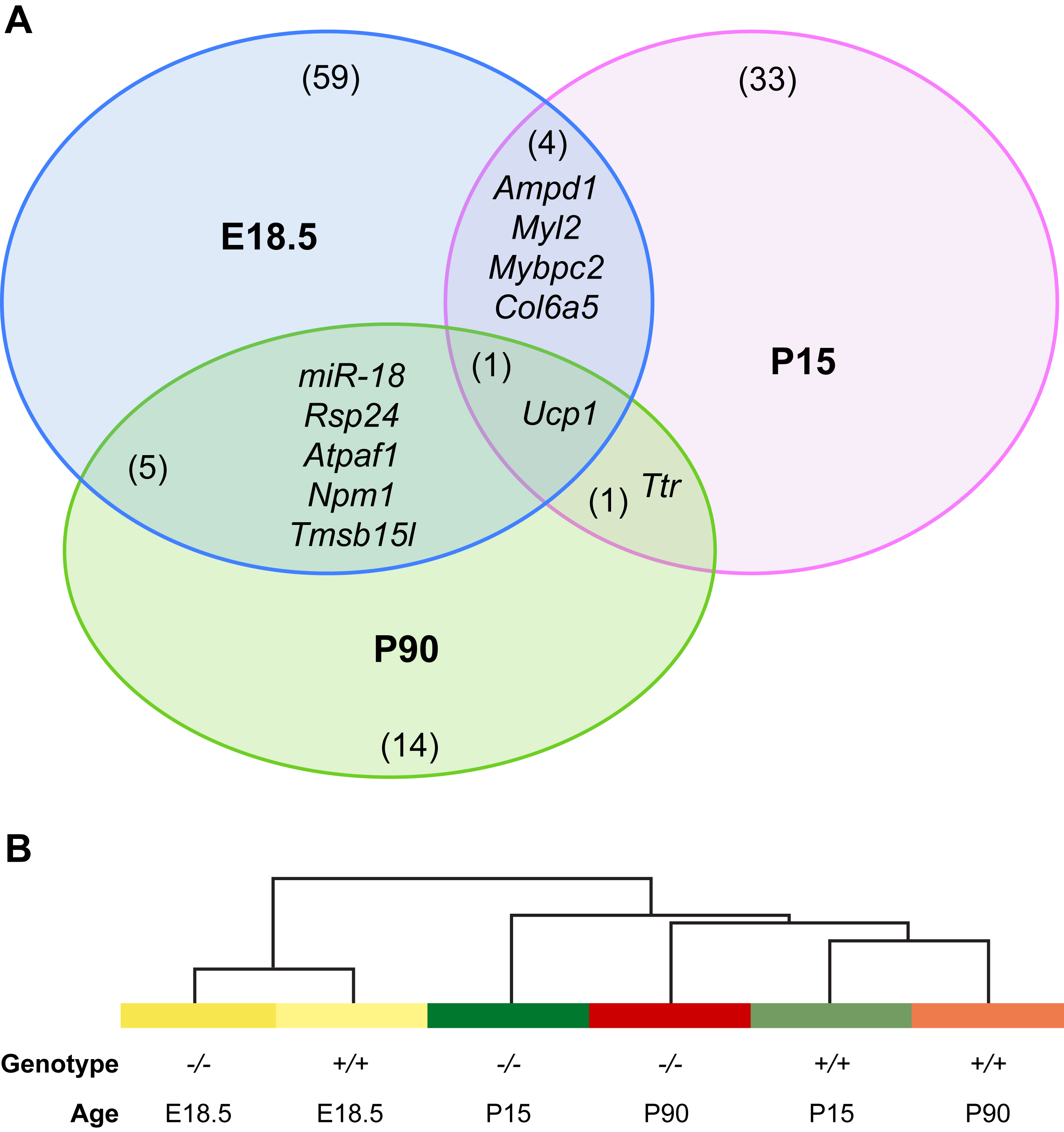About

This module is aimed at biology students with little or no knowledge of programming and statistics, with the aims of
-
making them aware of effects of experimental design in the subsequent data analysis;
-
having a good understanding of technologies and methods for Bioinformatics and are introduced to basic coding and using of workflow and pipelines for their data analysis.
It will use a multidisciplinary approach integrated with programming tools and cloud environment to introduce students statistical concepts underpinning advanced data analysis and methods that are suitable for high-throughput data analysis. Theoretical concepts and detailed examples will be introduced to provide the students with key steps to perform experimental design in data collection, data analysis and results validation.
MODULE OBJECTIVES
Following the course and additional reading you should be able to meet the following module objectives (more detailed objectives can be provided for each lecture later in the handbook if you want):
-
provide an understanding of the fundamental concepts and technologies underlying computational biology and bioinformatics
-
equip biology students with basic knowledge of mathematical concepts them with methods of Bioinformatics and Computational biology
-
use a multidisciplinary approach integrated with programming tools and statistical concepts underpinning advanced data analysis and methods that are suitable for high-throughput data analysis
-
provide new transferable skills
The course will present state-of-the art research in computational biology with guest lecture and enable students to critically assess statistical methods and enhance innovative thinking in data analysis.
Prerequisites
The module is dedicated to Level 3 Biomedical Science students but prerequisites are compulsory. A pre-assessment test can be found here.
Some suggested sites where additional material can be found, are listed below:
-
CoCalc A tutorial on how to use CoCal from RSE Sheffield team can be found here
-
Jupyter Notebook on CoCalc Please be aware that SageMathCloud has recently changed into Cocalc, some tutorial material can be still using the SageMathCloud name.
Recommended text books
There are no specific text books that can cover the material in the course but a large online resources that can be consulted. These resources are recommended since they will be the most up-to-date. All the tools (Jupyter notebook) and the element of R programming upgrade constantly being open source software.
However, there are a series of text books available in the library for you to consult:
- Computational Statistics - G Sawitzki
- R Programming for Bioinformatics - R. Gentleman
Reading list
Each lecture is supported by paper and web links that have the scope to support learning.
